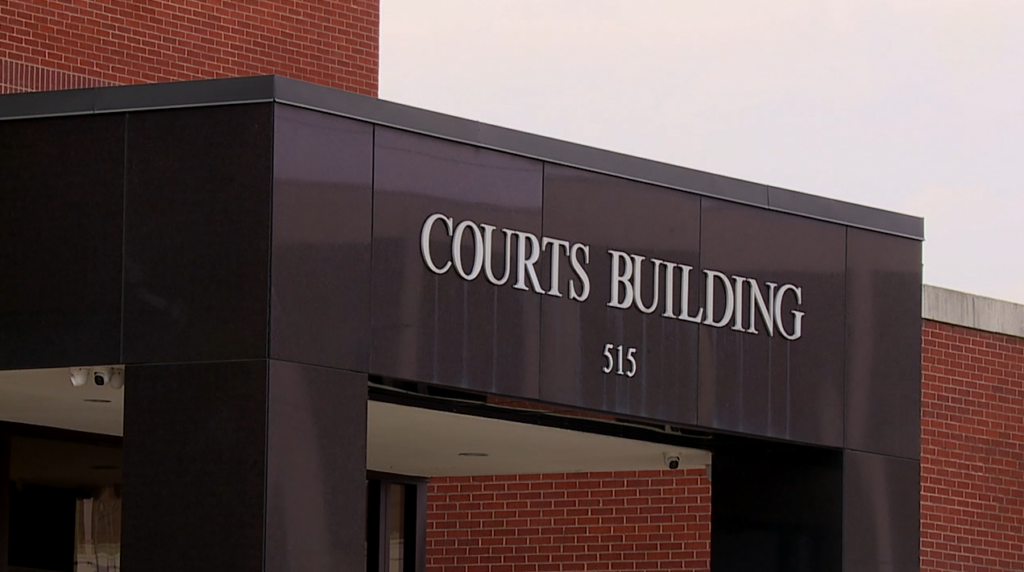Why early detection is essential in fight against Alzheimer’s
JACKSON, Tenn. — November is Alzheimer’s Awareness Month, and we want to take this time to learn more about this disease that affects so many people.

One thing that people may not know is that the plaques that cause Alzheimer’s develop about 20 years before the first memory symptom — so early detection can be crucial.
“We want to try and detect Alzheimer’s disease at that first point when those memory symptoms are just happening,” said Dr. Jared Brosch, neurologist, Indiana University Health. “When a person is still independent. Our goal is to keep people living independent and we have a lot of ways to try to help support them.”

Going to your primary care physician is always recommended so that tests can be done to determine the development of Alzheimer’s. There are also new tests that have really helped this process.
“The new breakthrough is that we have blood tests that can detect those plaques and proteins that are building up in the brain and causing Alzheimer’s disease. So we can make those diagnoses more quickly and offer those other opportunities,” Dr. Brosch said.

Lifestyle changes and therapies are incredibly important when it comes to treatment options. Dr. Brosch spoke with us more about how there are even some new treatment options that can help tremendously.
“There’s a host of treatments that one can speak to their physicians about, but some of these newer treatments are actually drugs that can remove the plaques that cause Alzheimer’s disease. There’s a lot of breakthroughs in both diagnosis and treatment that are emerging,” he said.

A lot of times, symptoms of this disease can be confused with signs of normal aging. So again, it is always important to see your primary physician.
Currently, nearly 7 million people over the age of 65 are affected by Alzheimer’s disease. That number is projected to 14 million in just over 30 years.
For local news, click here.












